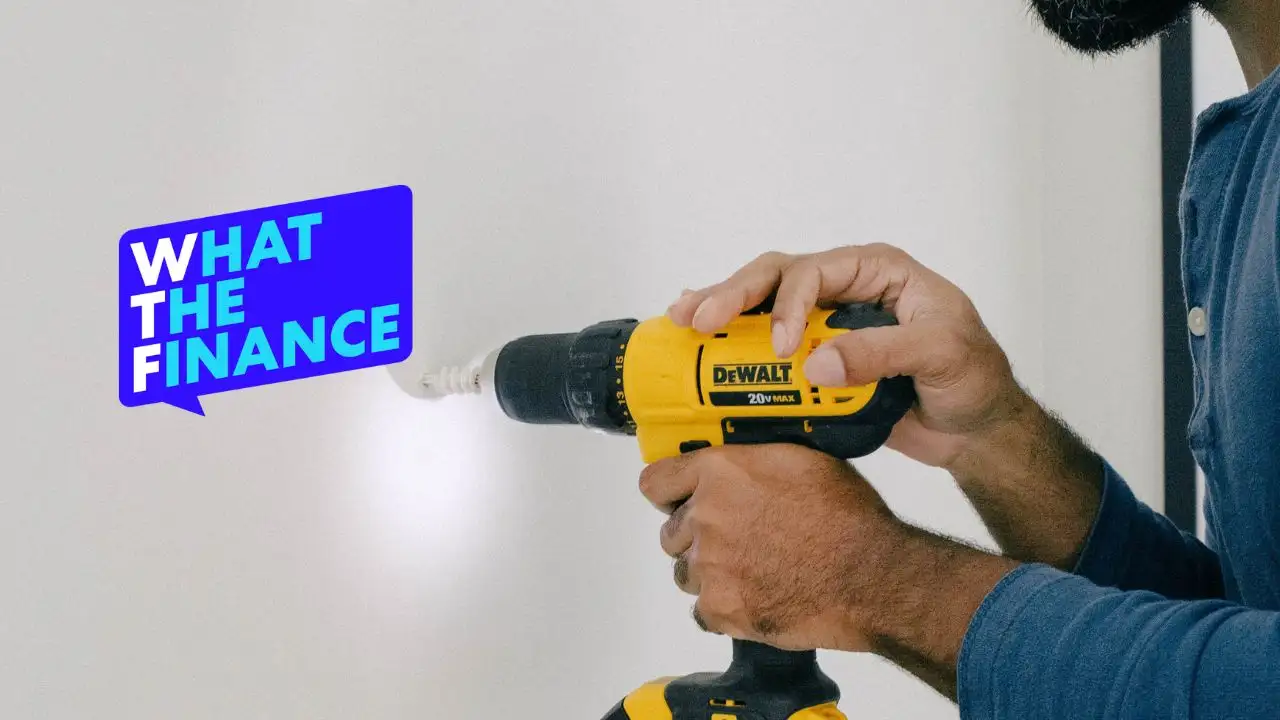
Everyday Finances
3 tips to kick overspending to the curb
May 30, 2023
Written by
Reviewed by
I love travel. But, in the past, it was something that I didn’t feel like I could do because I never had enough money. One day, as I looked around my home, I noticed that I had a lot of trinkets on my shelves and things that I barely used. I realized that one reason I didn’t have money for travel was because I was overspending on things that didn’t match my priorities.
If you’re in the same spot and you’re worried about being able to do the things you want and reach your financial goals, here are three tips I used that can help you stop overspending—and put your money into things that actually help you create the life you want.

1. Figure out what matters most to you
My overspending issue was that I didn’t really think about what was most important to me. We all have different issues, so take an honest look at your relationship with money. In my case, instead of thinking about whether my money was going toward important items, I just spent it on stuff that didn’t have meaning to me.
Once I decided that I wanted to make travel a priority, I began making changes. I visualized what life would be like once I could take more trips and visit interesting places.
After establishing my financial and savings priorities, it became easier to hit the pause button when I wanted to spend money. I’d ask—and I still ask—myself these questions:
Do I need this? Is this expense a necessary bill or helping me survive?
Does this expense help me reach goals like retirement or long-term financial freedom?
Will this expense take money away from my travel fund and ability to take a trip?
By framing things in terms of priorities and what would improve my life, it became easier to stop overspending and instead use my money for what’s most important to me.

2. Create a workable spending plan
After pinpointing what matters to you by understanding your values and priorities, you can make a budget based on those things.
Look at your income and be realistic about your expenses. I created a budget that included my housing, insurance, bills, car and food costs. Then I added in monthly contributions to my retirement account, debt repayment and other long-term financial goals. Finally, I made a line item for contributions to a travel fund.
With the important things covered, I could then decide how much to budget for entertainment, shopping, and other non-necessary expenses. Because my budget gave me a way to set aside money for travel, as well as work toward other goals, it was much easier for me to stick to.

3. Keep track of your spending
Finally, to keep from overspending, you need to stay on top of your money situation. Pay attention to where your money is going and track what you have left in your budget categories.
Start by paying your bills first, and making sure your essential needs are met. Then, put your money into the things that matter most to you, helping you with your goals.
One really helpful tool is the Achieve MoLO app. The Achieve MoLO app can help you see where your money is going and show you how much you have left to spend. It makes it super easy to tag and view your “essential” and “non-essential” spending each month. With the MoLO app you can stop overspending because you’ll have an idea of what’s available for you, leveling up your money management game.
With a good plan, based on your priorities, you’re more likely to take control of your finances. By getting your overspending under control, it’s easier to get on the path to making sure you’re in charge of your money—and it’s doing what you want it to do.
Author Information
Written by
Miranda Marquit is an award-winning freelance writer and podcaster who has covered various financial topics since 2006. Her work has appeared in numerous media outlets, and she is frequently asked to host workshops and appear on panels on topics related to financial wellness. She is the co-host of the Money Talks News podcast and a consumer finance advocate and spokesperson for moving hub HireAHelper.
Reviewed by
Kimberly is Achieve’s senior editor. She is a financial counselor accredited by the Association for Financial Counseling & Planning Education®, and a mortgage expert for The Motley Fool. She owns and manages a 350-writer content agency.
Related Articles
Compound interest is a two-sided coin. Good for your savings, bad for your debts. Find out more here.
Miranda Marquit
Author
If your bills are getting out of hand, debt resolution is one way to take control of your finances and defeat your debt.
Miranda Marquit
Author
Meta description: A home equity loan could turn your home’s value into money you can spend to improve your life. Find out how.
Jackie Lam
Author
Compound interest is a two-sided coin. Good for your savings, bad for your debts. Find out more here.
Miranda Marquit
Author
If your bills are getting out of hand, debt resolution is one way to take control of your finances and defeat your debt.
Miranda Marquit
Author
Meta description: A home equity loan could turn your home’s value into money you can spend to improve your life. Find out how.
Jackie Lam
Author


